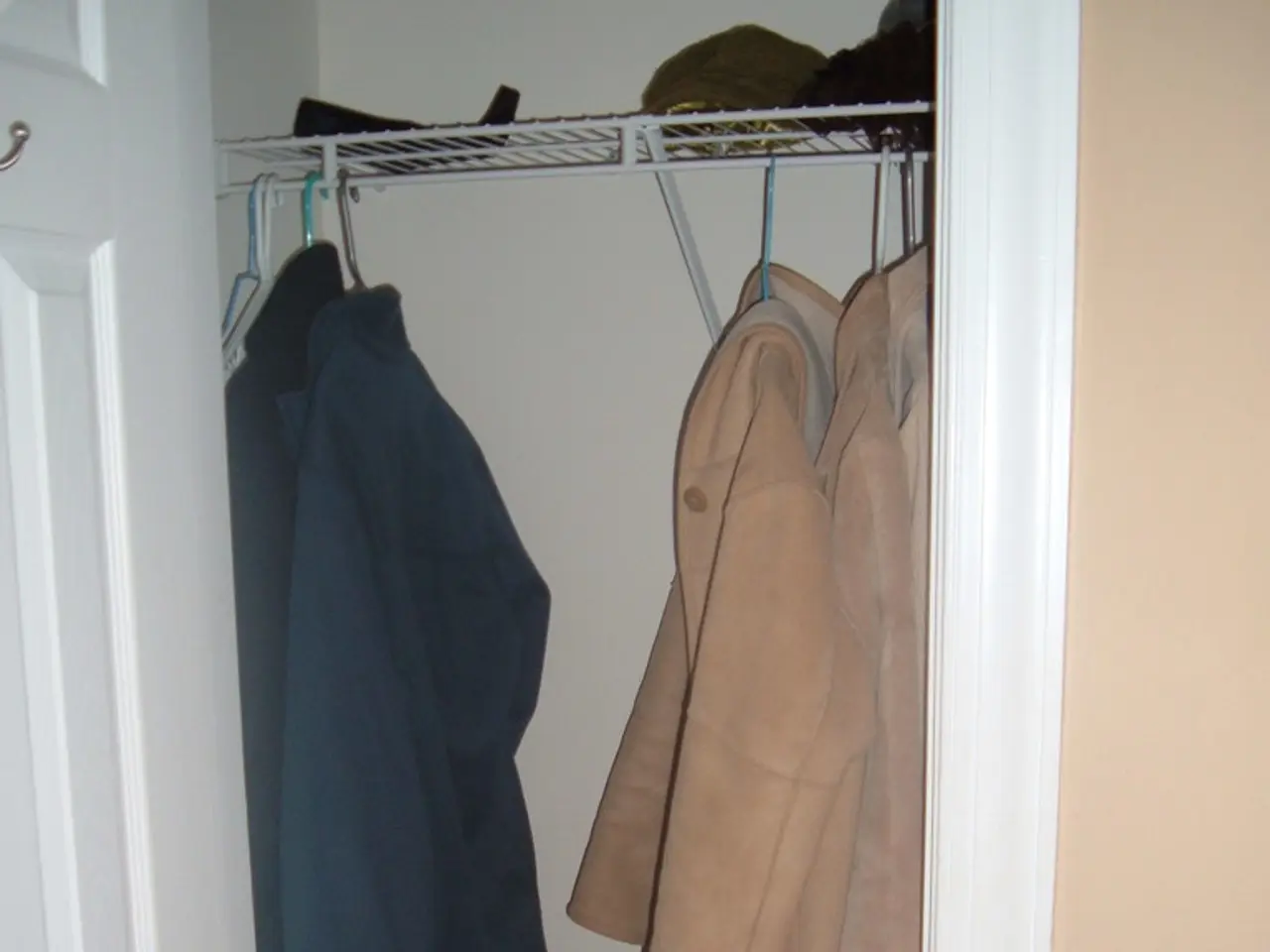Expert Tips to Prevent and Manage Persistent Shoe Odors
Shoe odors can be a persistent problem, often caused by bacteria and fungi thriving in moist conditions. Feet sweat more than many realize, contributing to this issue. Hanna Vitz, an expert from Verbraucherzentrale NRW, shares insights on preventing and managing shoe odors.
Feet can produce up to half a cup of sweat daily, creating a breeding ground for bacteria and fungi in shoes. Moisture accumulation is worse when walking barefoot in closed shoes. To combat this, thorough foot hygiene, including regular washing and drying, is crucial.
Vitz recommends several strategies to tackle shoe odors. Freezing shoes for a few hours can kill bacteria, but it's more suitable for textile and plastic shoes than leather. Regularly changing shoes and allowing them to rest also helps. Textile shoes should be washed gently by hand or in a laundry bag in the washing machine. Using newspaper or cedar wood shoe trees absorbs moisture and reduces odors. Airing shoes, using antibacterial sprays, or home remedies like lemon slices can also be effective.
Choosing the right socks and shoes can also help. Leather and natural fiber socks absorb sweat better than synthetic materials. Leather shoes require regular creams to stay supple, while suede should be brushed and impregnated.
Preventing and managing shoe odors involves a combination of foot hygiene, regular shoe care, and choosing the right footwear. By following these tips, one can keep shoes fresh and odor-free.
Read also:
- Budget cuts at federal and state levels jeopardize advancements in fighting HIV and AIDS within Dallas County
- Debating the legitimacy of Borderline Schizophrenia as a distinct mental health disorder?
- City Transition to Pedestrian-Friendly Environment Increases Daily Steps by Over 1,000: Research Findings
- Dairy's Impact on Gout Flare-ups: An Examination of the Connection Between Milk Consumption and Gout Attacks






